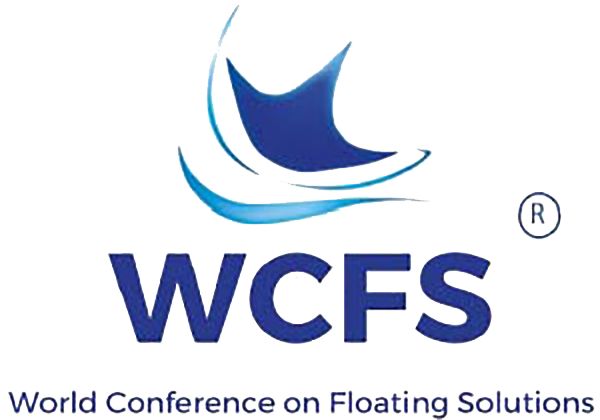World Conference on Floating Solutions
The 5th World Conference on Floating Solutions (WCFS 2025) in Espoo, Finland, continues its legacy as a global platform for professionals working at the intersection of research, technology and sustainable urban development. Initiated in 2019 by the Society of Floating Solutions (SFSS, Singapore), the conference promotes collaboration and knowledge exchange on floating infrastructure, climate adaptation, and the blue economy.
WCFS 2025 is the fifth edition of the conference. Previous editions were held in:
The 2025 conference is hosted in Espoo, Finland, by Bluet Floating Solutions, and organised in collaboration with SFSS, VTT, Aalto University, and other academic and professional partners.
Theme 2025: Floating Solutions for Sustainable Urban Waterfront Development and the Blue Economy
WCFS 2025 focuses on real-world applications of floating technologies for urban development, climate resilience, and marine spatial planning. The conference brings together professionals across disciplines to examine the opportunities and challenges of integrating floating structures into existing and emerging urban systems.
Conference Objectives
- Facilitate cross-sector dialogue between researchers, industry, and policymakers
- Assess the practical and academic impact of floating structures
- Advance floating technologies for climate adaptation and ecological integration
- Support the commercial and regulatory viability of new solutions
- Share case studies, methods, and data to inform future projects and policies.
Key topics: Floating Solutions for Sustainable Urban Development
Urban Waterfronts and Floating Infrastructure
Offshore Renewable Energy
Climate-Resilient Floating Communities
Sustainability and Environmental Impact
Economic Opportunities in the Blue Economy
Community Engagement and Policy Support
Marine and Coastal Spatial Planning
Technological Innovations and Specialized Uses

